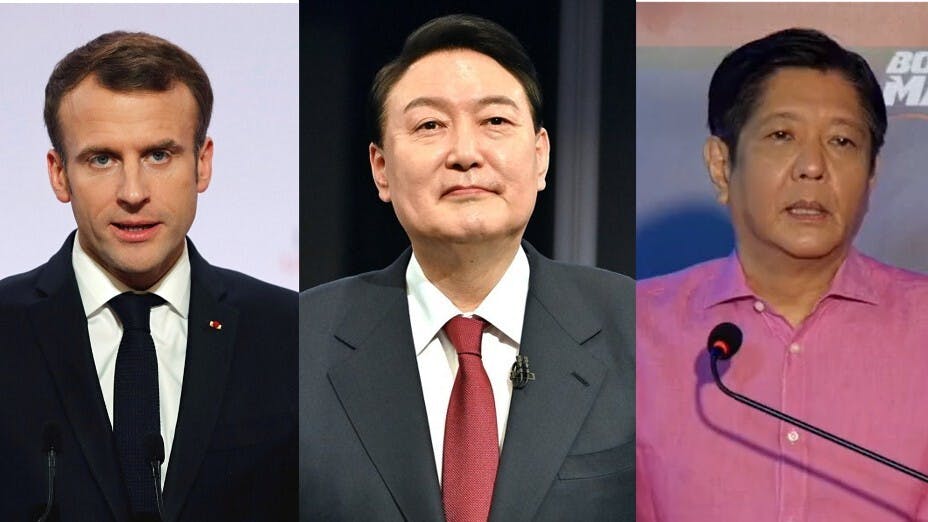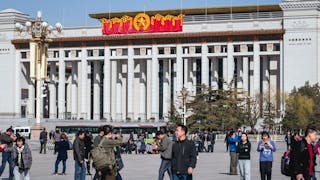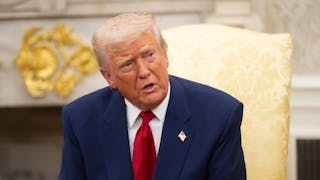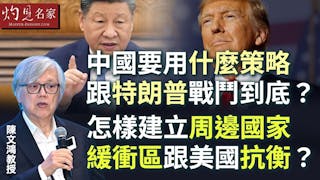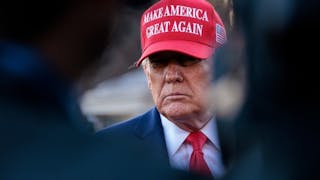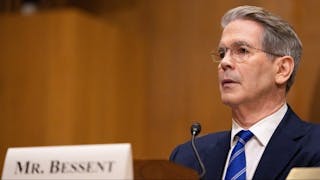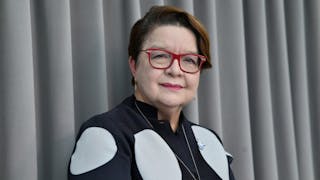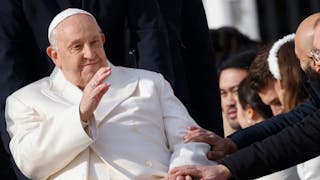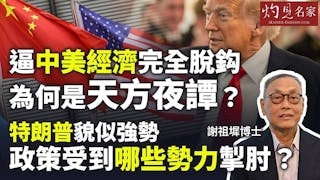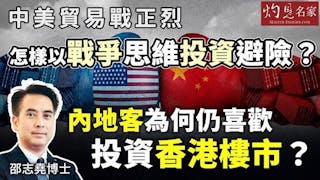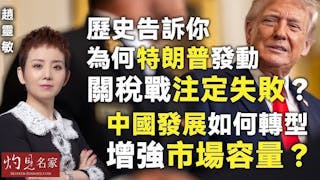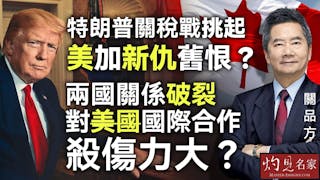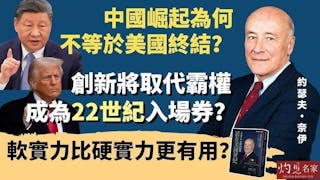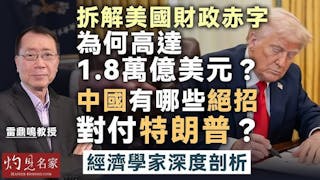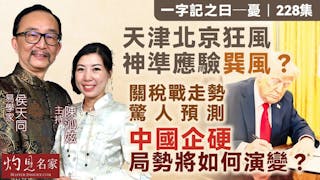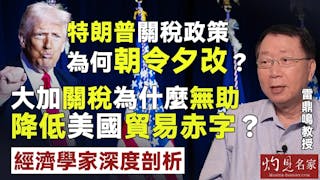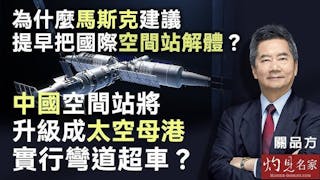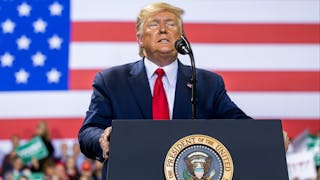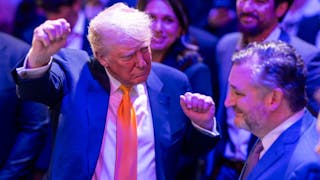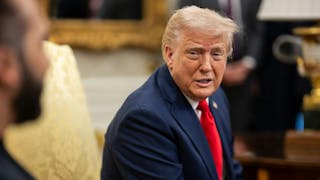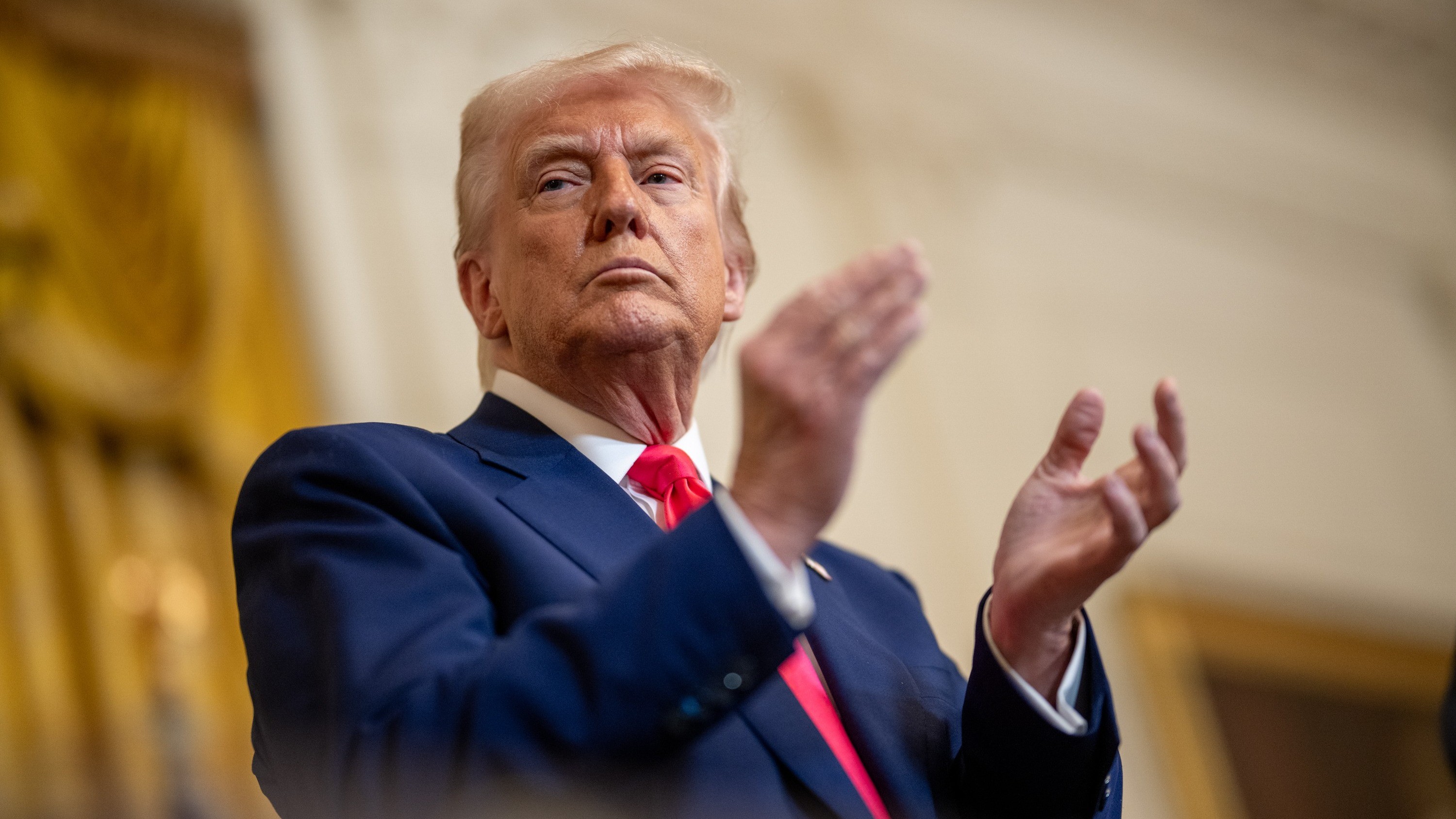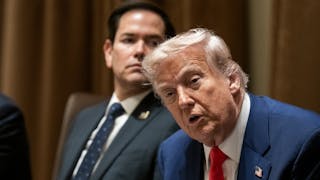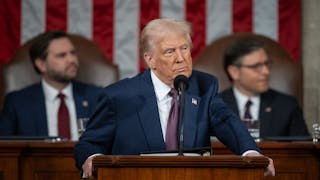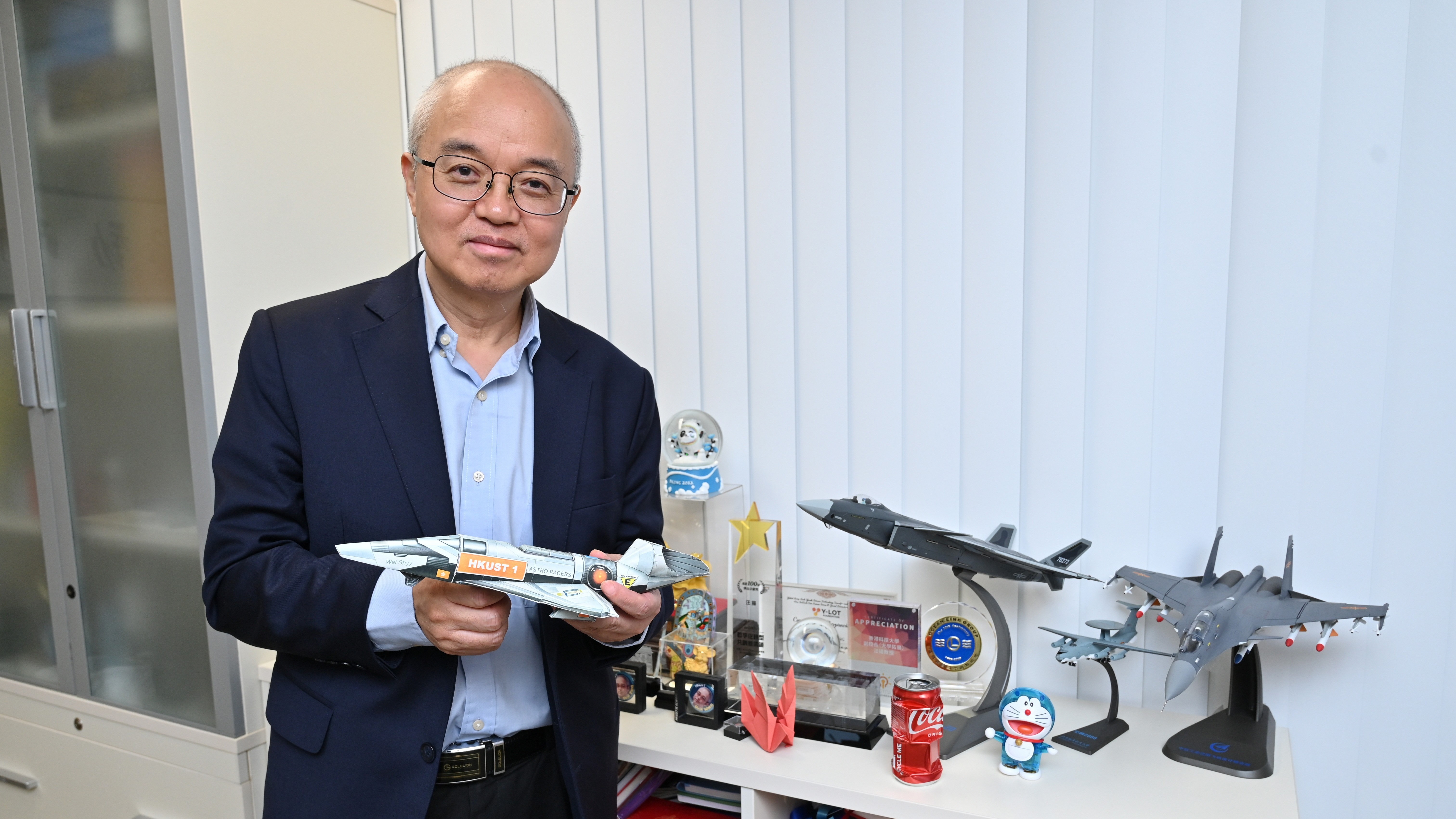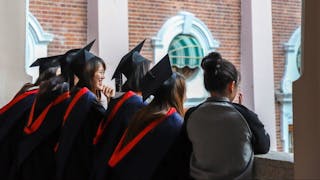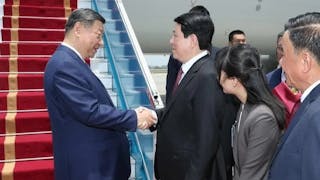4月下旬,馬克龍再次當選法國總統,5月10日南韓新總統尹錫悅宣誓就職,小馬可斯當選菲律賓新總統,標誌着法國、韓國和菲律賓的政府換屆,將對3國與華關係產生一定影響。
馬克龍挫敗民族主義者和懷疑歐盟者勒龐,被視為法國能夠保持對美國、歐盟和中國外交政策延續性的穩定因素。法國歷來採取獨立的外交政策,包括對俄烏衝突採取相對中立的立場。法國實行的獨立外交政策與中國實行的外交政策有很多共通之處。人們普遍預計,馬克龍政府將加強與中國的經濟合作和戰略夥伴關係。
法國獨立自主外交 習近平表讚賞
5月10日下午,國家主席習近平同馬克龍通電話,就俄烏衝突問題交換看法。習近平強調,中國一直以自己的方式勸和促談,支持歐洲國家將歐洲安全掌握在自己手中。要特別警惕形成集團對抗,對全球安全穩定造成更大更持久的威脅。
習近平又說,中法作為聯合國安理會常任理事國和獨立自主大國,應當堅守「獨立自主、相互理解、高瞻遠矚、互利共贏」的建交初心。中法應相互尊重彼此核心利益和重大關切,在雙邊、中歐、全球層面密切協調合作。
習近平強調,未來5年中法合作重點,在推進民用核能、航空航天等傳統領域合作同時,加大推動人工智能、清潔能源等新興領域合作。他表示,中方願擴大法國優質產品進口,歡迎法國金融、高技術企業赴華開展合作,希望法方為中國企業赴法投資合作提供公平、公正、非歧視的營商環境。很明顯,習近平強調了中法雙邊合作共贏的前景。
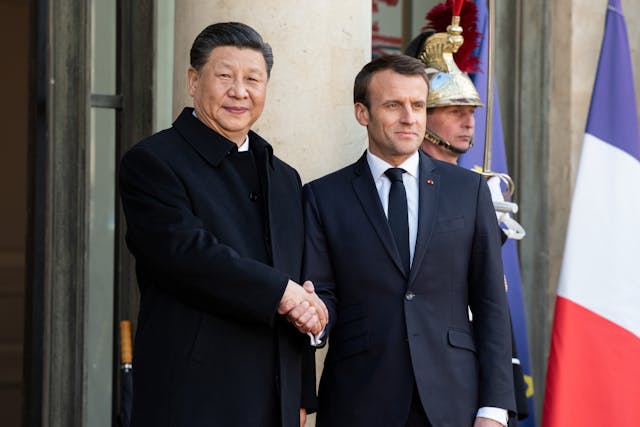
習近平還闡述了中方對法方堅持戰略自主的讚賞,希望法方推動歐盟堅持正確對華認知,同中方相向而行,妥善管控分歧。希望法國作為歐盟輪值主席國,為推動中歐關系健康發展發揮積極作用。
馬克龍回應習近平表示,在烏克蘭問題上,法方同中方擁有很多共識。法方願同中方在雙邊和多邊層面開展更加緊密的協調合作。法國和歐盟堅持獨立自主戰略,不贊成也不會參加集團對抗。
習近平又呼籲雙方利用好2024年中法建交60周年、巴黎奧運會等重大契機,加強中法人文交流,促進相互了解。在馬克龍的領導下,法國有望與中國加強合作,穩定和可持續發展,是馬克龍連任後中法關係的標誌。
尹錫悅表親美 加速部署薩德導彈
5月10日,尹錫悅宣誓就任韓國新總統時,中國國家副主席王岐山作為習近平主席的特別代表,出席了尹錫悅的就職典禮。王岐山轉達了習近平對尹錫悅的良好祝願,表示中韓互為友好近鄰和重要合作夥伴,在當前世界變局和世紀疫情背景下,加強中韓合作對雙方、地區乃至全球的重要性都更加凸顯。中方願同韓方共同努力,推動中韓戰略合作夥伴關係與時俱進,不斷向更高水平邁進。
王岐山就中韓雙邊關係發展提出5點建議。一是加強戰略溝通和高層交往,並進一步活躍各方面、各層級對話交流;二是深化務實合作,加強發展戰略對接,深化重點領域和第三方市場合作,推動兩國合作提質升級;三是充分發揮地緣相近、文緣相通、人緣相親優勢,以建交30周年和舉辦中韓文化交流年為契機,設計實施更多有利於增進國民友好的活動,為兩國關係發展持續注入正能量;四是就國際地區事務加強溝通協調,共同致力於維護多邊主義和自由貿易體系,促進地區與全球發展繁榮;五是加強半島事務協調合作,妥處敏感問題。中方支持朝鮮半島南北雙方改善關係,推進和解合作,願同韓方加強溝通,推動半島無核化和持久和平。
尹錫悅對習近平的良好祝願表示感謝,並表示建交30年來,韓中關係發展突飛猛進。他贊同韓中兩國應加強高層戰略溝通和各層級交往,增加雙方在各領域的交流和務實合作,共同推動實現半島和平、穩定與繁榮。
然而,阻礙中韓關係更密切的一個障礙,正是尹錫悅日漸親美的立場。在尹錫悅競選總統期間,他誓言如果他當選,將加速部署更多的美國「薩德」導彈,以增強南韓的防衛能力。他會否這樣做仍有待觀察。然而,這樣做會招致中國和北韓的反對和強烈反應。5月4日,北韓官方媒體批評尹錫悅不僅「親美」而且「具挑釁性」。
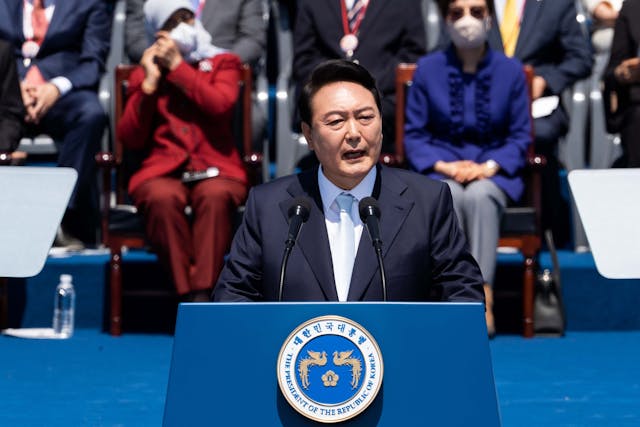
尹錫悅在5月10日與美國副總統賀錦麗的丈夫任德龍(Douglas Emhoff)和美國代表團會面時,表明了他堅定的親美立場。尹錫悅將韓美同盟稱為「東北亞和平與繁榮」的「核心軸」。他還表示韓國正「積極考慮」加入以美國為首的「印太經濟框架」。此外,尹錫悅又透露,韓國有興趣參加由美國、澳洲、印度和日本組成的以美國為首的四方安全對話(QUAD)。這種四方夥伴關係被視為一個試圖對抗中國影響力的集團。因此,韓國欲加入 QUAD 的任何舉動,都可能使首爾與北京之間的關係惡化。
事實上,尹錫悅的外交政策還有另一個選擇。他和他的外交政策顧問可以利用與中國更密切的關係,作為加強南韓與北韓關係的粘合劑,而不是部署會引起北韓和中國憤怒的薩德導彈系統或者加入「四方安全對話」。如果南韓能夠在利用中國作為中間人來鞏固與北韓關係的同時,向美國爭取到相對的自主權,那麼朝鮮半島無核化的前景,或許會有潛在的突破。
目前,尹錫悅只呼籲北韓放棄核子武器,以換取南韓幫助促進北韓的經濟,以改善北韓的生活水平──如果北韓將擁核視為保衛國家全的有效手段,南韓的呼籲只會毫無用處。
小馬可斯上台 菲律賓料親華不拒美
在菲律賓,新總統小馬可斯或會在中美之間保持平衡。2016年,根據《國際海洋法》成立的仲裁庭作出對菲律賓有利的裁決,即中國聲稱擁有南海主權的歷史證據及所劃定的「九段線」地圖沒有法律依據。小馬可斯在競選期間表示,因為中國不承認這項裁決,所以無效。相反,小馬可斯可能會尋求與中國達成雙邊協議以解決領土爭端──如果採用這個方法,將比已故總統阿基諾三世的反華傾向更具外交性。前任總統杜特爾特把這項裁決束之高閣,對中國採取更加友好的外交方式,同時增加了其政府相對於美國的自主權。
小馬可斯很可能會保持杜特爾特外交政策的延續性,但他將在與中國更友好的關係和與美國密切的軍事關係之間取得微妙的平衡。 2022年3月,美國和菲律賓舉行了一場有8900名士兵(包括5000名美軍人員)參加的大型聯合軍事演習──這表明杜特爾特政府轉向採取比他執政初期更親美的立場。鑑於菲律賓軍方與美國軍方建立更密切關係所得到的好處,小馬可斯可能會繼續與美國維持軍事同盟關係。
然而,小馬可斯或會依靠中國的投資來促進菲律賓的經濟,就像他已故的父親馬可斯在1975年與中國建立外交關係後與中國接觸一樣。菲律賓新總統小馬可斯明智地與中國建立更緊密的經濟關係,中國的「一帶一路」倡議,必將有利於菲律賓經濟。
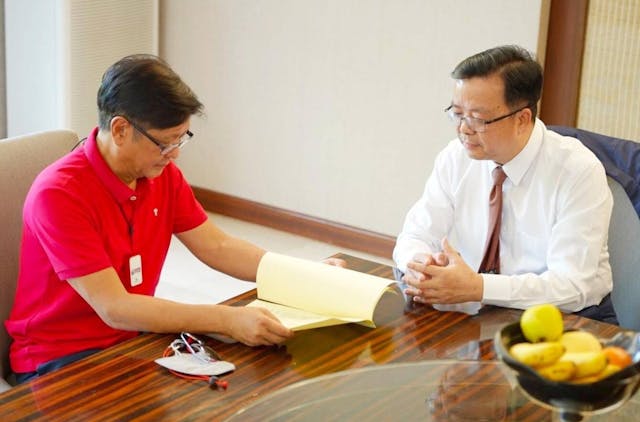
總而言之,法國、韓國和菲律賓政府的換屆,顯示了3個國家與中國的外交關係的延續性和變化。法國外交政策以獨立自主為標誌,而馬克龍連任則標誌着法國與中國關係的延續。然而,尹錫悅在南韓的執政預期將更加親美,南韓政府是否會採取愈來愈親美的政策之餘,形成一個使南韓與中國及北韓關係惡化的政治和戰略集團,仍有待觀察。菲律賓在新總統小馬可斯領導下,可能會將先父的傳統與前任總統杜特爾特的做法結合起來,與中國建立更友好的關係,同時與美國保持軍事同盟。如果說國際關係具有延續和變化的特點,那麼法國、南韓和菲律賓的政府換屆,在與中國的外交關係中,也會呈現出類似的模式。
Leadership Changes in France, South Korea and Philippines: Implications for China
The re-election of Emmanuel Macron as the French President in late April, the swearing-in ceremony of the new South Korean president Yoon Suk-yeol on May 10, and the election of Ferdinand Marcos Jr. as the new president of the Philippines marked the leadership changes in three countries with implications for their relations with the People’s Republic of China (PRC).
Macron’s victory over the nationalistic and Eurosceptic Le Pen was seen as a stabilizing factor shaping the continuity of France’s foreign policy toward the US, European Union and China. France has traditionally been adopting an independent foreign policy, including its relatively neutral stance toward the Russian-Ukrainian conflicts. The independent foreign policy adopted by France has much in common with that implemented by the PRC. It is widely expected that Macron’s government is going to enhance economic cooperation and partnership with China.
On the afternoon of May 10, the PRC President Xi Jinping had a phone meeting with Macron, exchanging their views toward the Russian-Ukrainian conflicts. President Xi emphasized that China adopts its own style in promoting Russia and Ukraine to have dialogue, that the confrontation between blocs should be avoided, and that such confrontation would constitute a persistent threat to global peace.
President Xi added that, because China and France are the independent, autonomous and big countries in the Security Council of the United Nations, both should maintain the mentality of “independence, autonomy, mutual understanding, having long-term vision and mission, and retaining the mutual win-win situation.” Both China and France should respect their core interests, enhance coordination and cooperation bilaterally and globally.
President Xi emphasized that China and France should promote bilateral dialogue in the coming five years in the areas of nuclear energy, aviation, aerospace and artificial intelligence, and the exploration of new and clean energy. Xi added that China is willing to expand the import of quality products from France and that it welcomes high-tech investment and financial enterprises to do business in the PRC. He hoped that the French side will provide a fair, just and non-discriminatory business environment for Chinese enterprises. Obviously, President Xi stressed the win-win situation in the bilateral cooperation between China and France.
Xi also elaborated on China’s appreciation of France’s strategic autonomy, adding that France should promote the EU to accurately understand China’s position, especially as France holds the rotating presidency of the EU so that a healthy and sound relationship between the PRC and the EU would be fostered.
In response to President Xi’s remarks, Macron said that France and China have lots of consensus on the Ukrainian issue, that France is willing to enhance cooperation with the PRC in bilateral dimensions, and that France supports the idea of maintaining an independent and autonomous strategy and agrees with China that it would not participate in any confrontation between political blocs.
Given that President Xi appealed to both sides to make use of major events, such as the 60thanniversary of Sino-French diplomatic relations and the Paris Olympics that would take place in 2021, to enhance people-to-people and cultural exchanges, both countries are expected to enhance cooperation under the presidential leadership Macron. Stability and continuity are the hallmarks of Sino-French relations after Macron’s re-election.
On May 10, when Yoon Suk-yeol sworn in as the new South Korean president, PRC Vice President Wang Qishan was President Xi Jinping’s special representative to attend Yoon’s inauguration ceremony. Wang conveyed President Xi’s best wishes to Yoon and added that China and South Korea are good neighbors and important cooperative partners. Due to the rapid changes in the world and the persistent Covid-19, both the PRC and South Korea should enhance cooperation and promote their strategic cooperative partnership to a higher level.
Wang made give suggestions to enhance Sino-South Korean relations. First, both sides strengthen strategic communications and high-level exchanges and dialogue. Second, both sides should deepen pragmatic cooperation in key areas and their cooperation in third party’s markets, thereby elevating the standard of cooperation. Third, China and South Korea should enhance cultural and human interactions, injecting positive energy in the people-to-people relationships. Fourth, both sides should communicate more and enhance their coordination in regional and international affairs, while protecting multilateralism and the free trade system so that regional and global prosperity can be maintained. Fifth, both sides should consolidate cooperation in the north-south affairs in the Korean Peninsula, promote cooperation and resolution of any dispute, and develop the denuclearization of the Peninsula and foster persistent peace.
Yoon expressed his gratitude to President Xi’s best wishes and added that both countries established diplomatic relations for thirty years. As such, South Korea and China have already promoted rapid development in their bilateral relations. He agrees that both sides should enhance high-level communication and exchanges, while promoting the stability, peace and prosperity of the Korean Peninsula.
However, an obstacle hindering the closer relationship between China and South Korea is the increasingly pro-US stance adopted by Yoon. During Yoon’s presidential election campaign, he vowed to deploy more THAAD missiles from the United States to bolster South Korea’s defense capability if he were elected. It remains to be seen whether he would do so. Doing so, however, would incur the opposition and strong reaction from China and North Korea. On May 4, North Korea’s state media criticized Yoon as not only “pro-US” but also “confrontational.”
Yoon has shown his staunchly pro-US position on May 10, when he met Douglas Emhoff, the husband of US Vice President Kamala Harris and the American delegation. Yoon referred to the South Korean-US alliance as the “core axis” of “Northeast Asian peace and prosperity.” President Yoon also toys with the idea of South Korea’s active participation in the US-led Indo-Pacific Economic Framework. Moreover, he revealed that South Korea is interested in participating in the US-led Quadrilateral Security Dialogue (QUAD) which is made up of the US, Australia, India and Japan. This QUAD partnership is seen as a bloc attempting to counter China’s influence. As such, any South Korean move to join QUAD would likely worsen the relations between Seoul and Beijing.
In fact, President Yoon has another option in his foreign policy. Rather than deploying THAAD that would incur the wrath of North Korea and China, and instead of joining QUAD, he and his foreign policy makers can make use of the closer relations with China as a glue to enhance South Korea’s relations with North Korea. If South Korea can enhance its autonomy vis-à-vis the United States while utilizing the PRC as a middleman to cement relations with North Korea, the prospects of denuclearization in the Korean Peninsula would perhaps have a potential breakthrough.
At present, President Yoon only appeals to North Korea to embark on denuclearization so that South Korea would help strengthen Pyongyang’s economy and improve the quality of life of North Koreans – an appeal that is of no use if North Korea sees nuclearization as an effective means of protecting its national security.
In the Philippines, the new President Marcos would likely maintain a balancing act between China and the United States. In 2016, a problematic arbitral tribunal formed under the International Law of the Sea ruled in favor of the Philippines over China’s territorial claim over the waterway in the South China Sea. During his election campaign, Marcos said that the ruling was ineffective because China did not recognize it. Instead, Marcos would likely seek to reach a bilateral agreement with China to resolve the territorial dispute – an approach that, if adopted, would be more diplomatic than the anti-China orientation of the late president Benigno Aquino III. President Rodrigo Duterte put aside the ruling and adopted a more friendly diplomacy toward China while increasing his administration’s autonomy from the US.
It is likely that President Marcos would maintain the continuity of Duterte’s foreign policy, but he is going to strike a delicate balance between a more friendly relation with China on the one hand and a close military relation with the US on the other hand. In March 2022, the US and the Philippines held a large and joint military exercise involving 8,900 troops (including 5,000 US military personnel) – an exercise showing that the Duterte government shifted to adopt a more pro-US stance than the beginning of his presidential administration. Given the vested interest of the military in the Philippines to forge a closer relation with the US military, President Marcos would likely continue with the military alliance with the US.
However, President Marcos would likely rely on China’s investment to propel the economy of the Philippines, like his late father Ferdinand Edralin Marcos who engaged with China after establishing diplomatic relations with the PRC in 1975. Given a sizable and economically influential ethnic Chinese community in the Philippines, President Marcos would be wise to forge closer economic relations with the PRC, whose Belt and Road initiatives will surely benefit the Filipino economy.
In conclusion, leadership changes in France, South Korea and the Philippines show continuities and changes in their foreign relations with China. While the French foreign policy is marked by independence and autonomy, the re-election of Macron marks the continuity of France’s relations with China. However, given a more pro-US outlook of President Yoon in South Korea, it remains to be observed whether the South Korean administration would not only adopt an increasingly pro-US policy but also form a political and strategic bloc that would worsen South Korea’s relations with North Korea and China. The Philippines under new President Marcos would likely combine the tradition of his late father with the practice of his predecessor Duterte, adopting a more friendly relationship with China while maintaining its military alliance with the US. If international relations are marked by continuities and changes, leadership transformations in France, South Korea and the Philippines display a similar pattern in their foreign relations with China.
原刊於澳門新聞通訊社(MNA)網站,本社獲作者授權轉載。



